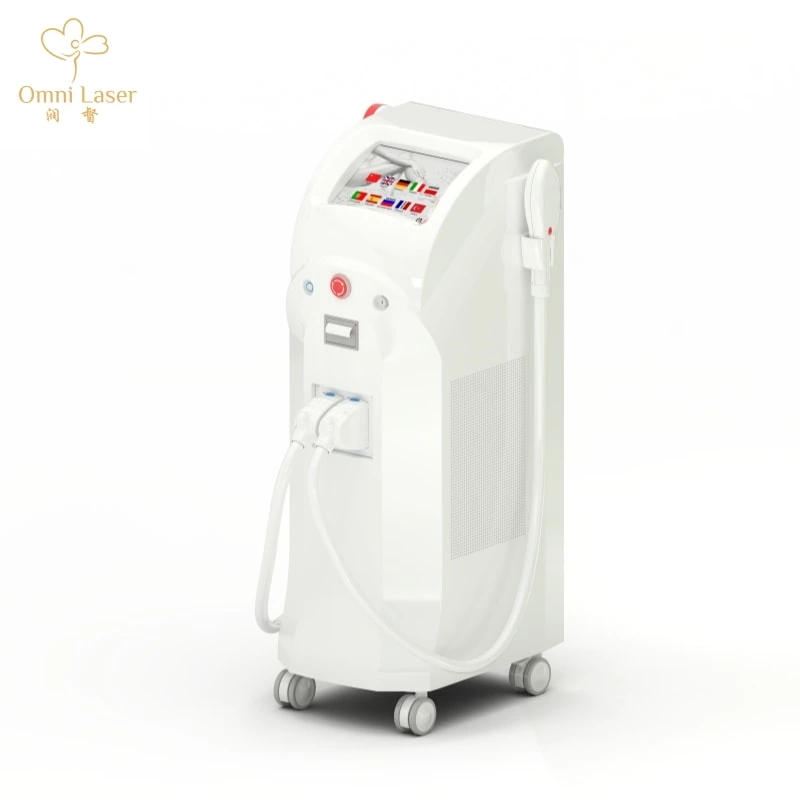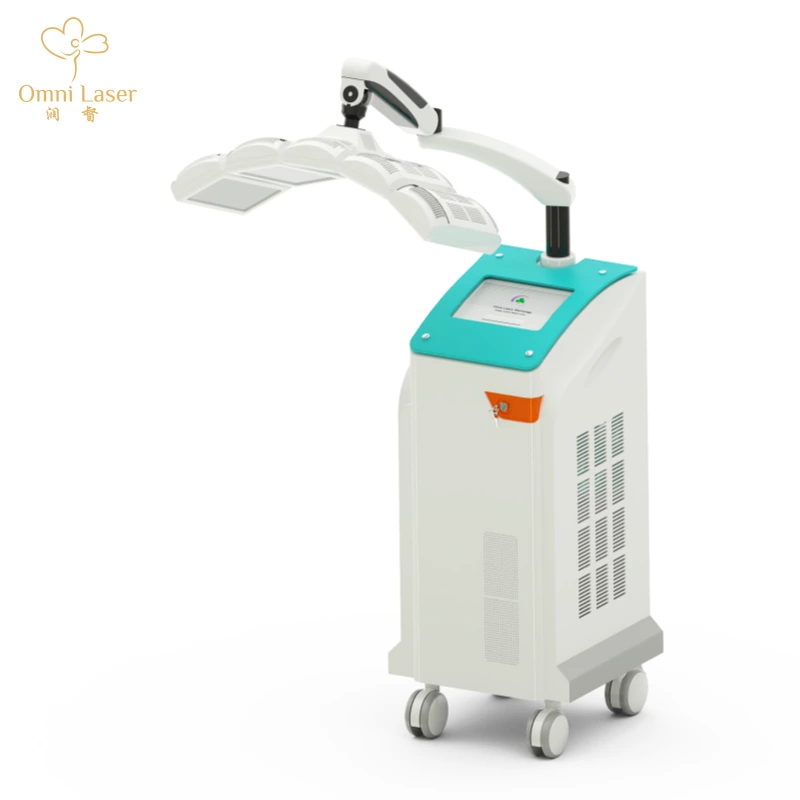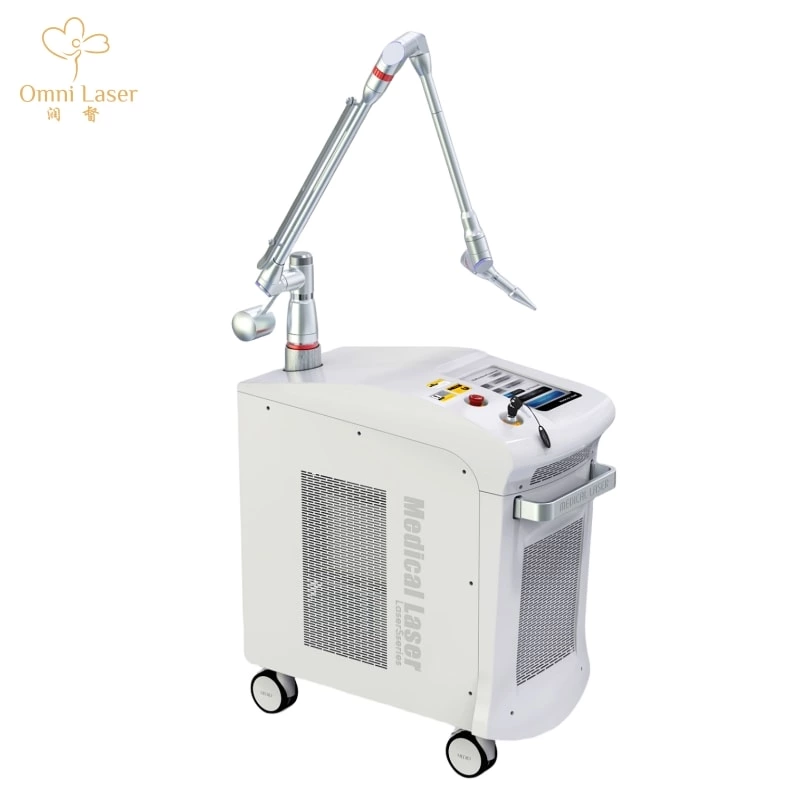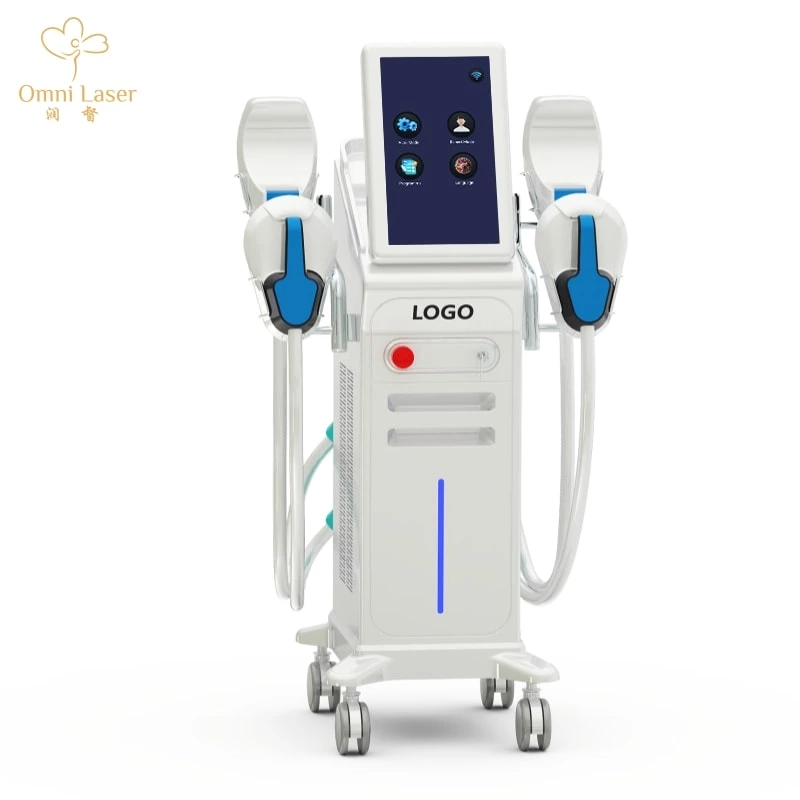Essential Medications and Treatments to Avoid Before Laser Aesthetic Procedures
Essential Medications and Treatments to Avoid Before Laser Aesthetic Procedures
Laser and IPL (Intense Pulsed Light) treatments are popular for addressing various skin concerns, including hair removal, pigmentation, and vascular issues. However, certain medications and treatments can increase the risk of adverse reactions, such as burns, hyperpigmentation, or inflammation. Recently, a client experienced skin inflammation after undergoing IPL while taking hormonal medication. To ensure safe and effective treatments, here’s what you should avoid before laser procedures.
A Cautionary Case: Hormonal Medication and IPL Treatment
Recently, a client undergoing IPL treatment experienced unexpected skin inflammation. Upon further investigation, it was revealed that the client had been taking corticosteroids—a type of hormone used to manage inflammation and autoimmune conditions. This medication increased her skin’s sensitivity, leading to post-treatment redness, irritation, and prolonged recovery.
This case underscores the importance of disclosing all medications before any laser procedure. Now, let’s break down the types of medications and treatments to avoid.
1. Hormonal Medications (Birth Control, HRT, and Others)
Hormonal medications, including oral contraceptives and hormone replacement therapy (HRT), can make the skin more sensitive to light-based treatments. These medications may increase melanin production, raising the risk of:
-
Post-inflammatory hyperpigmentation (PIH)
-
Burns or blistering
-
Persistent redness or swelling
If you’re on hormonal therapy, consult your dermatologist or laser technician beforehand. They may recommend pausing treatment or adjusting your medication schedule.
2. Photosensitizing Medications (Antibiotics, Retinoids, and More)
Some medications increase skin sensitivity to light, making laser treatments riskier. Common culprits include:
-
Antibiotics (e.g., Tetracycline, Doxycycline, Ciprofloxacin)
-
Retinoids (Oral Isotretinoin or Topical Retinols) – Can thin the skin and increase burn risk
-
Antidepressants (e.g., St. John’s Wort, Fluoxetine)
-
Diuretics (e.g., Hydrochlorothiazide)
Discontinue these medications (as advised by your doctor) at least 1-2 weeks before treatment.
3. Blood-Thinning Medications and Supplements
Laser treatments can cause minor trauma to blood vessels. Blood thinners increase the risk of bruising and prolonged healing. Avoid:
-
Aspirin, Ibuprofen, and NSAIDs
-
Warfarin or other anticoagulants
-
Vitamin E, Fish Oil, Ginkgo Biloba, and Garlic Supplements
Check with your healthcare provider before stopping prescribed blood thinners.
4. Recent Chemical Peels or Exfoliating Treatments
Aggressive exfoliation weakens the skin barrier, increasing the risk of burns and irritation. Avoid before laser/IPL:
-
Chemical peels (glycolic, salicylic, TCA)
-
Microdermabrasion
-
Strong AHAs/BHAs (at least 1 week before treatment)
5. Sun Exposure and Tanning (Natural or Artificial)
Tanned skin has higher melanin levels, increasing the risk of burns and uneven results. Avoid:
-
Sunbathing
-
Tanning beds
-
Self-tanners (can interfere with light absorption)
Use broad-spectrum SPF 30+ daily and avoid sun exposure for at least 2 weeks before treatment.
6. Topical Products That Increase Sensitivity
Certain skincare products can make the skin more reactive. Discontinue 3-5 days before treatment:
-
Retinoids (Retin-A, Tretinoin, Retinol)
-
Hydroquinone
-
Benzoyl Peroxide or Strong Acids
Conclusion: Always Consult Your Provider
To minimize risks, disclose all medications, supplements, and recent treatments to your laser technician. A patch test may be recommended if you’re on photosensitizing drugs. When in doubt, consult a dermatologist before proceeding.
By following these guidelines, you can ensure safer, more effective laser and IPL treatments with optimal results.
By Luna





